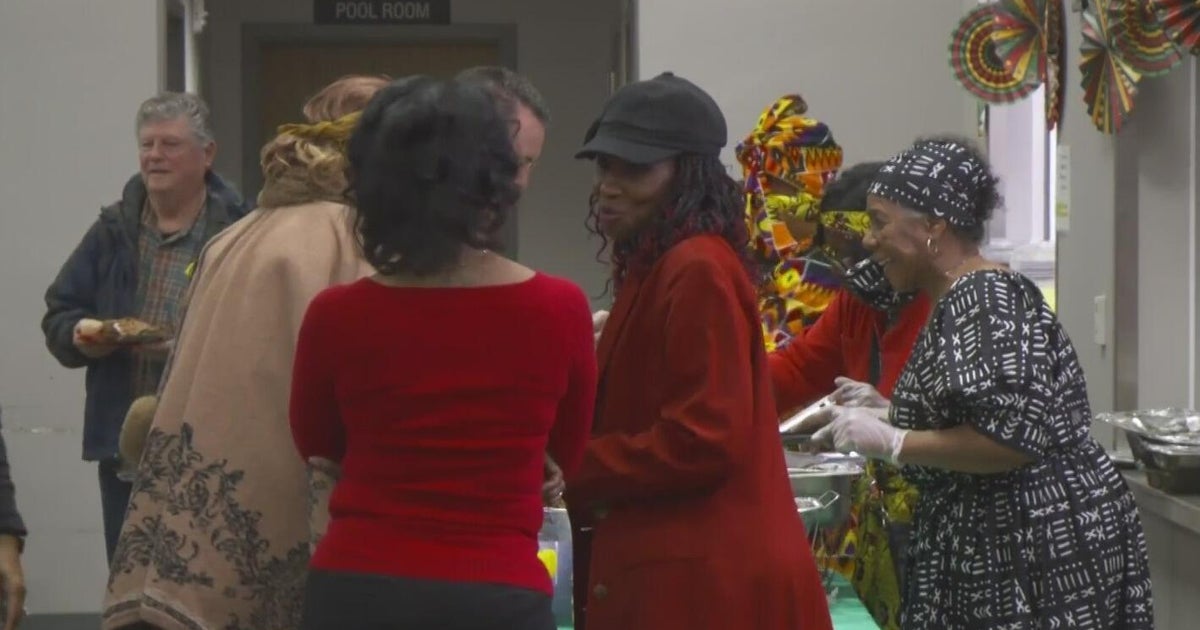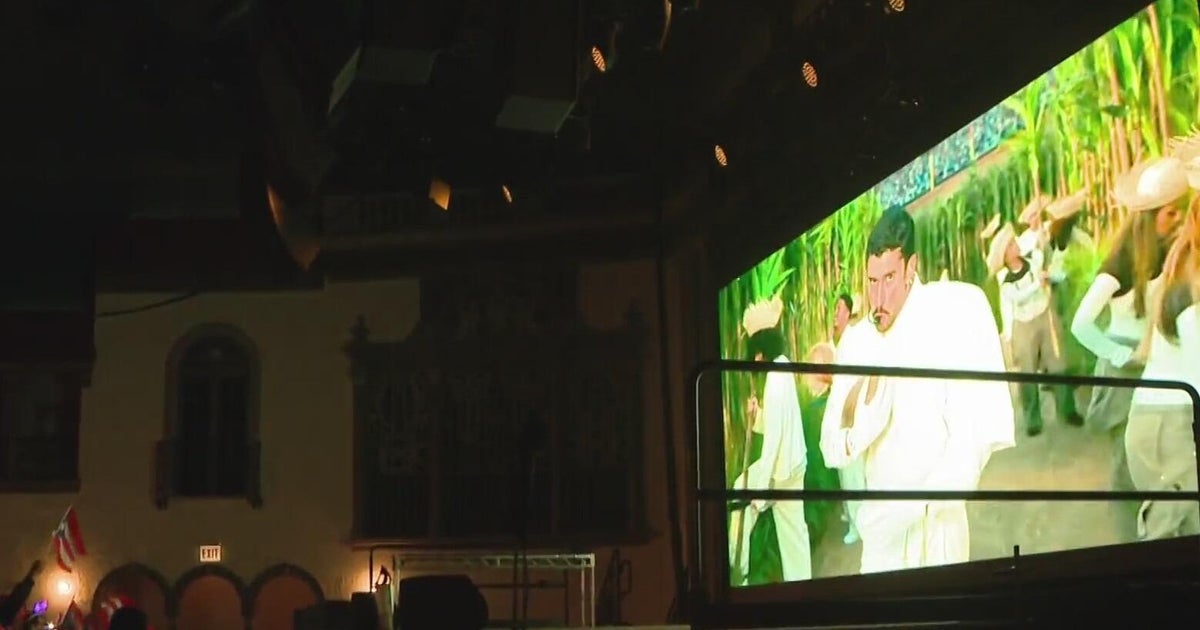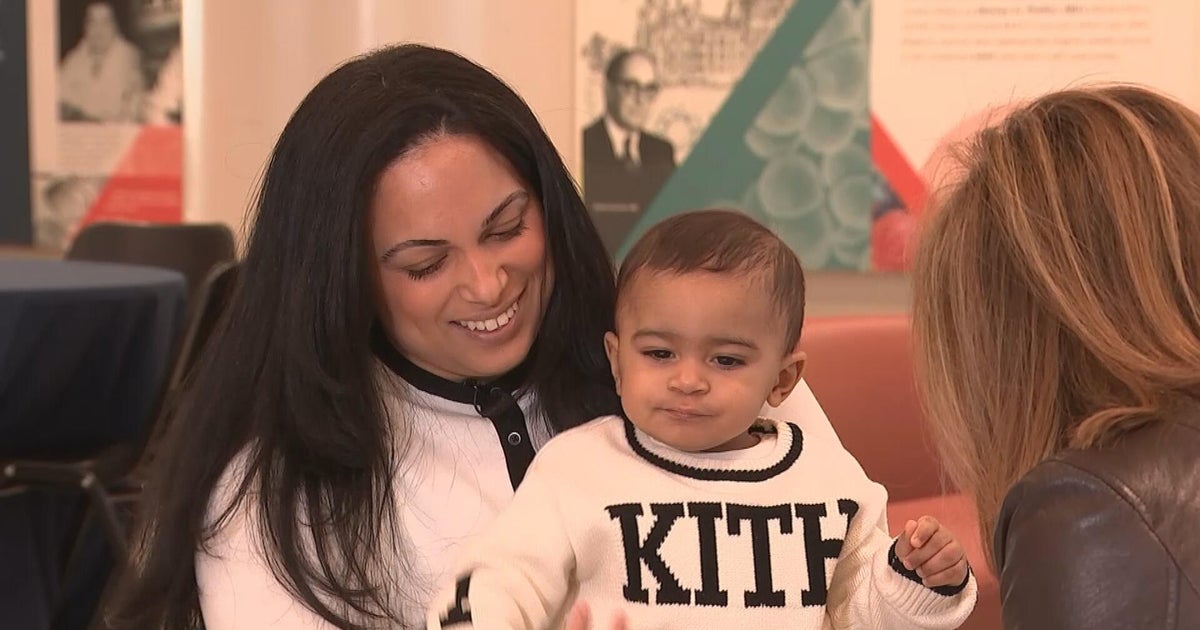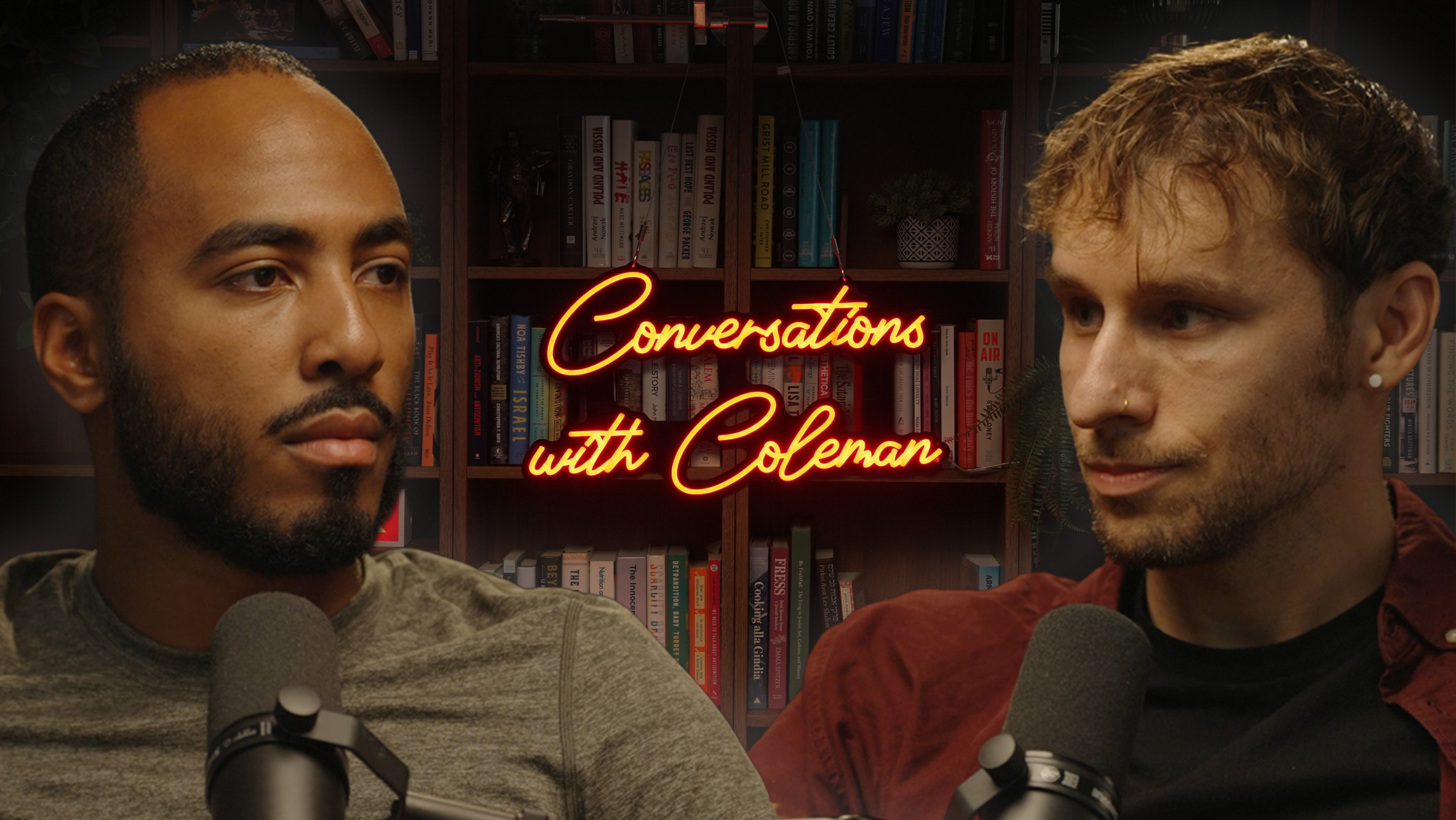Twitter #hashtags: 10 years of defining online discussion
You may have a hard time envisioning conversations on social media these days that don't have a #hashtag.
Well, today Twitter is celebrating 10 years of arguably one of its most popular, controversial and consistent features by using, of course, #Hashtag10.
Twitter's celebration offers an opportunity to look back at what the hashtag has done to our culture. In a basic way, the hashtag is Twitter's shorthand for bringing together a conversation on anything from an event, like #Eclipse2017, to a topic like online hate.
But the hashtag has become more than that. It's become a part of pop culture, sitting at the bottom of the TV screen during an ad, or as a catchphrase for a celebrity's fans, just as the Justin Beiber's #Beliebers. It's even become a part of late-night comedy, inspiring Tonight Show host Jimmy Fallon to hold a conversation almost entirely in hashtags.
Hashtags themselves have ranged from silly to serious. Cute moments like #batkid captured the country's attention when a cancer-stricken boy got his "Make-A-Wish" granted to play a superhero across San Francisco. Meanwhile, there's been the campaign to draw attention to nearly 300 kidnapped Nigerian children with #BringBackOurGirls, police misconduct with #BlackLivesMatter and, in the past couple of weeks, #ThisIsNotUS in response to the racially charged violent protests in Charlottesville, Virginia.
Twitter says the first time the hashtag appeared on its service was when one of its developers, Chris Messina, tweeted #barcamp to spark group conversations about related tweets a decade ago after he initially suggested the idea to co-founders Jack Dorsey and Biz Stone.
Messina was sarcastically told by Stone, who turned back to his computer screen, "Sure, we'll get right on that."
"Thankfully, Chris didn't take offense to my reaction, he simply started doing what he proposed," Stone wrote in a blog post Wednesday. Now Twitter says an average of 125 million hashtags are shared daily to spark conversations on the platform.
They're not just on Twitter, of course. Twitter's much larger competitor Facebook and its popular photo-sharing platform, Instagram, also use hashtags. The business communications app Slack uses hashtags to organize group discussions.
There's another reason hashtags have caught on. Hashtags by far have become the easiest social component to quantify, paving the way for the social analytics movement, said Kellan Terry, a data analyst with Brandwatch, a social media analysis platform.
"There was a time that you couldn't find a commercial that didn't include a hashtag at the end," he said. "The cultural significance of the hashtag can't be understated."
This article originally appeared on CNET.



